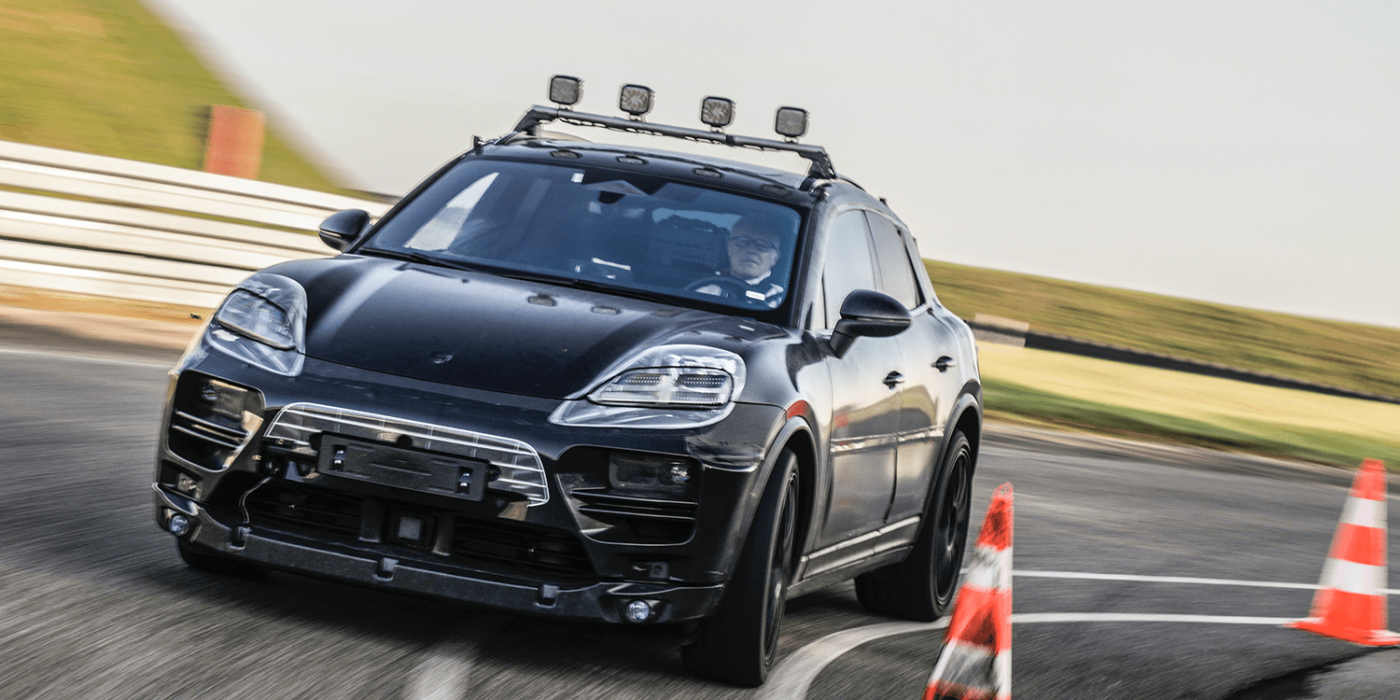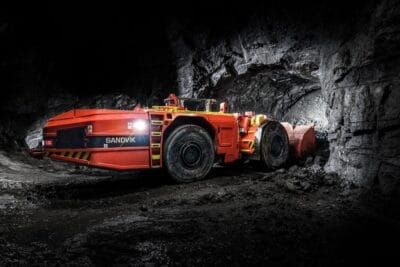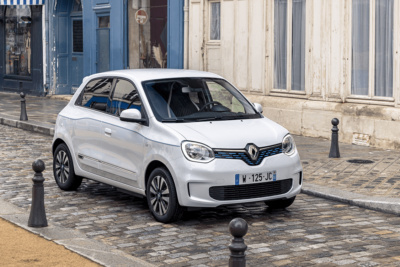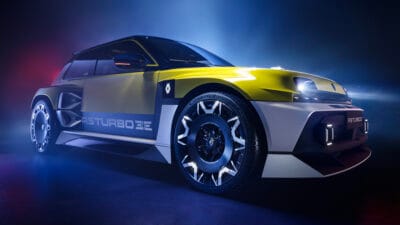Porsche confirms launch delay of the Macan until 2024
Porsche has postponed the market launch of the all-electric Macan until 2024. What was previously a rumour in the industry has now been confirmed by Porsche boss Oliver Blume himself. But: In addition to the E-Macan, a new electric luxury SUV is to roll off the production line in Leipzig in the future.
“The market launch is in 2024,” Blume said in an interview with the German publication Automobilwoche. So far, the market launch of the electric Macan was planned for 2023. Camouflaged test vehicles of the battery-electric Macan have been on the roads since May 2021, and pre-series production in Leipzig is already underway – in parallel with the current combustion engine model.
The background to the delay is apparently that Volkswagen’s software subsidiary Cariad is reportedly far behind schedule in its development, thus upsetting the model planning of the group’s premium brands. Earlier reports quoted an unnamed Porsche executive as saying of the Macan: “The hardware is great. But the software is still missing.”
While Porsche has now acknowledged the delay with the electric Macan, there is no word yet from Audi. The PPE’s sister model, the Q6 e-tron, has also previously been announced for 2023, with pre-series production set to start in Ingolstadt in late 2022.
According to the report, the new date for the start of production of the series vehicles should be in the middle of next year. The delay with the E-Macan also has an impact on the current combustion engine series: Since Porsche will only offer the next Macan generation in all-electric form, it was already clear that the current combustion engine would continue to be built in a transitional phase. According to “Automobilwoche”, this dual production will run for 18 months – and if the electric Macan comes later, the combustion engine production will also run a little longer.
It is also clear how Porsche intends to use the capacities freed up in Leipzig when the current Macan generation is phased out in the middle of the decade: During a “Capital Markets Day”, the manufacturer announced a new electric SUV, which is to be positioned above the current SUV models Macan and Cayenne. “We plan to expand our attractive portfolio with a new, all-electric luxury SUV that will roll off the production line in Leipzig,” a press release said.
Back in December, there were reports of another electric vehicle model from Leipzig. The model series, apparently called K1 internally, was described as “a crossover in the dimensions of the Panamera”. The year 2026 was mentioned as the concrete start of production of the new model – according to the information at the time, based on the Premium Platform Electric (PPE).
While all fully electric Porsches – starting with the Taycan and also the upcoming PPE-based Macan – are 800-volt electric cars, the as-yet-unnamed vehicle is set to be another innovation: The “very sporty interpretation of an SUV” will incorporate technology from the 900-volt Mission R electric car. Among other things, this should further reduce charging times. In view of the size above the Cayenne and the range requirements in the luxury class segment, the battery is likely to be significantly larger than the 83.7 kWh net in the Taycan. In order to achieve comparable charging times from ten to 80 per cent, the charging capacity of the larger battery would have to be increased.
It is also clear that the new electric SUV will not be cheap. According to Blume’s statement from the press release, Porsche will continue to expand its position in the automotive luxury segment and is “primarily targeting the higher-margin segments”. Blume told Automobilwoche that the Taycan had already shown “that customers are willing to spend more money on electric cars”.
In addition, the Porsche brand boss confirmed that the 718 mid-engine sports car will be offered exclusively in all-electric form from “the middle of the decade”. Porsche had also announced this model series in March with the phrase “middle of the decade”. So there is no delay here yet – even if no concrete year is mentioned.
porsche.com, automobilwoche.de (in German)





1 Comment